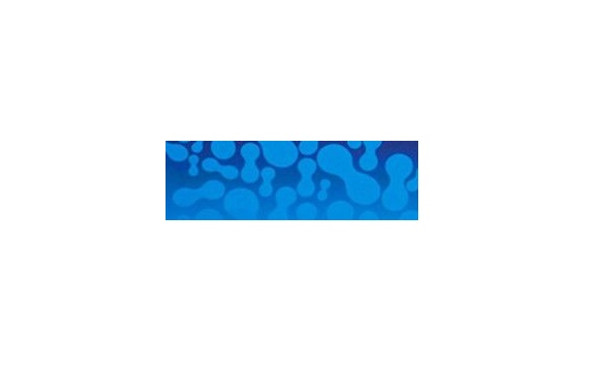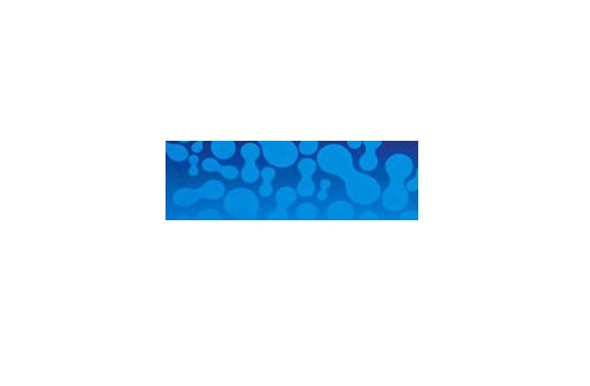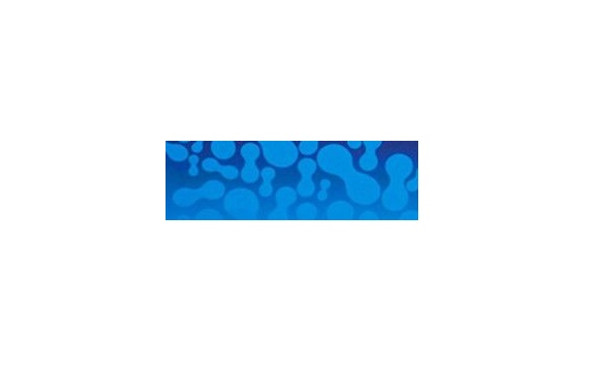Description
DLD-1 Cell Line | CL-0074 | Gentaur US, UK & Europe Disrtribition
Media: CM-0074
Organism: Homo sapiens, Human
Application: Transfection host.
Background: This cell line is one of four colorectal adenocarcinoma cell lines that have been identified as being derived from a single individual. DNA profiling studies [1,2] have shown that DLD-1, HCT-15, HCT-8 and HRT-18G share a single profile. DNA fingerprinting and cytogenetic analyses performed at ATCC and elsewhere show the line is similar to HCT-15 and suggest the two are of different clonal origin from the same individual. Their genetic origin has been confirmed by DNA fingerprinting; however, cytogenetic analysis has shown that they lack concurrent marker chromosomes or concurrent numerical changes. A culture of unknown passage submitted to the ATCC in 1979 was found to be contaminated with Mycoplasma hyorhinis. The cells were subsequently cured using a combination of antibiotics over a 12-week cultivation period. Following treatment, the cells were assayed by the Hoechst stain weekly and by the standard culture test periodically. During 11 consecutive months of cultivation in the absence of antibiotics, all of these tests were negative.
Age: Adult
Tissue: Colon
Morphology: Epithelial
Growth Properties: Adherent
Doubling Time: N/A
Biosafty: 1
Medium: RPMI-1640(PM150110)+10% FBS+1% P/S(PB180120)
Subculturing: Remove and discard culture medium. Briefly rinse the cell layer with DPBS solution to remove all traces of serum that contains trypsin inhibitor. Add 1.0 to 2.0 mL of Trypsin-EDTA solution to flask and observe cells under an inverted microscope until cell layer is dispersed (usually within 2 to 3 minutes). Cells that are difficult to detach may be placed at 37°C to facilitate dispersal. Add 4.0 to 6.0 mL of complete growth medium and aspirate cells by gently pipetting. Add appropriate aliquots of the cell suspension to new culture vessels.
Ratio: 1:2 to 1:4
Renewal: Every 2 to 3 days
Cryopreservation: Freeze medium: 60% Basal medium+30% FBS+10% DMSO Storage temperature: Liquid nitrogen vapor phase
Culture Conditions: Atmosphere: Air, 95%; CO2, 5% Temperature: 37℃
Effects: Yes, in nude mice. Tumors developed within 21 days at 100% frequency(5/5) in nude mice inoculated subcutaneously with 10^7 cells.
Duration: N/A
Lead Time: 3-5 days






